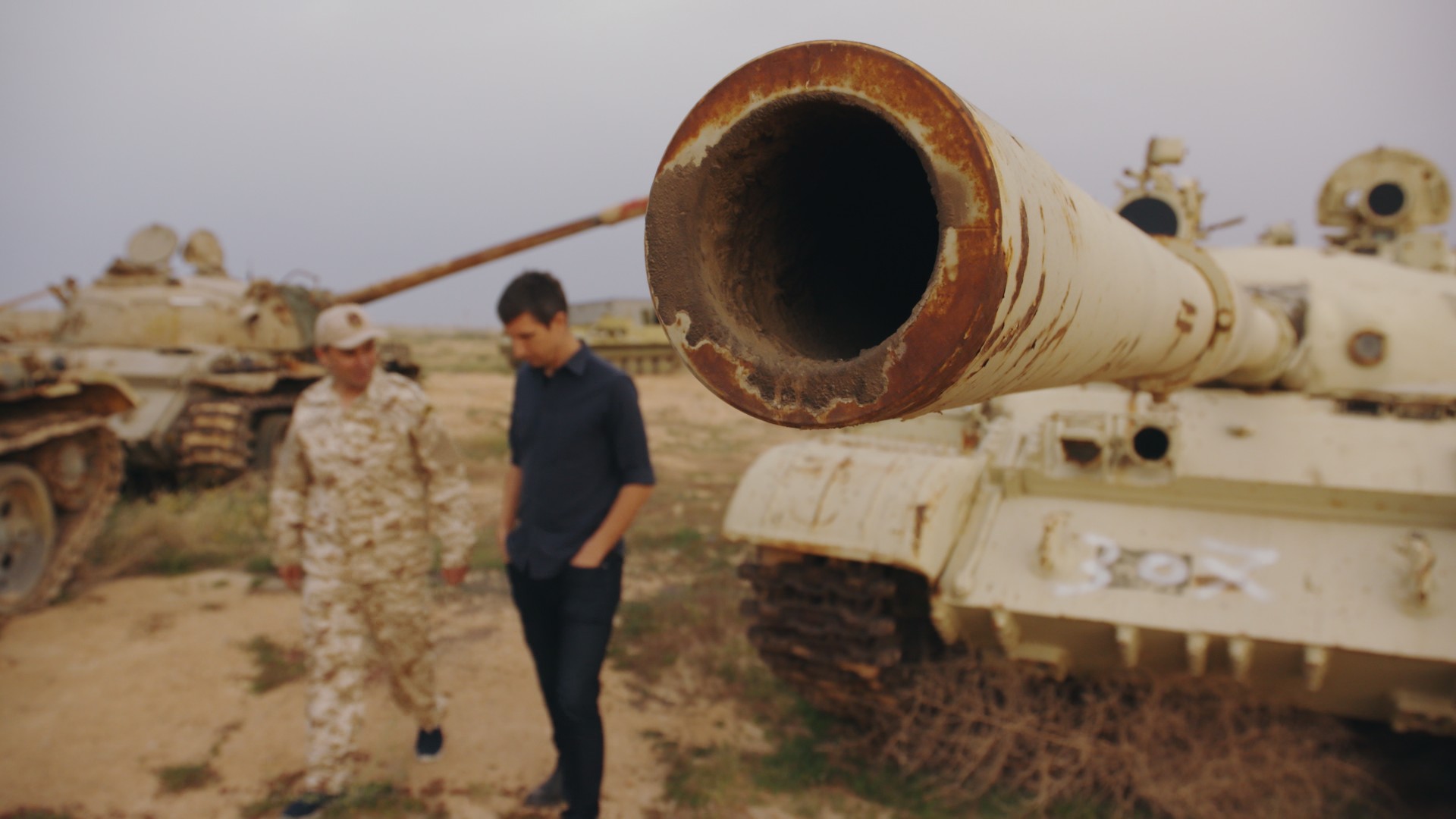Last month, the office of Rodrigo Duterte—the Filipino president who has presided over the slaughter of thousands of suspected drug users and dealers and cites Hitler as his role model—said President Trump expressed support for his drug policy in a phone chat.The Trump White House did not deny that the president had a "very friendly" call with Duterte on April 29. Still, I held out some tiny hope that the most powerful man in the world hadn't actually complimented Duterte on green-lighting the murder of people in the street as official drug policy.
Advertisement
I was too optimistic.According to a transcript of the call published Tuesday by the Intercept, Trump began their conversation by explicitly praising Duterte's insanely bloodthirsty campaign."I just wanted to congratulate you because I am hearing of the unbelievable job on the drug problem," Trump said. "Many countries have the problem, we have a problem, but what a great job you are doing and I just wanted to call and tell you that," he added, along with reassurance that while President Obama hadn't understood the value of this approach, Trump does.In the context of Attorney General Jeff Sessions's recent announcement that prosecutors should once again slap offenders with the longest sentence possible—even in cases where it is clear they are a low-level, nonviolent dealer—this is utterly terrifying. We are apparently being led by people who see taking (or even being suspected of taking) any illegal drug as worthy of summary execution.I've written previously about how Duterte's slaughter is the logical endpoint of a system that dehumanizes drug users by painting them as somehow less than human.For example, even casual marijuana smokers can be denied transplants; the New York Times can blithely write about how saving overdose victims might have negative "consequences"; and for decades, proven interventions like needle exchange have been held up by political opposition, based on the (demonstrably false) idea that they could encourage young people to take up drugs. Simply stating the undeniable truth that "nice people take drugs," caused a massive controversy in the relatively sane United Kingdom as recently as 2009.
Advertisement
The road to brutality begins with this kind of dehumanization: Every instance of genocide in human history has involved propaganda depicting the targeted group as "vermin" or "cockroaches" or "life unworthy of life." Curiously, this can also be accompanied by depictions of hated minorities (or drug users) as superhuman—capable of devious trickery or unnatural feats like becoming impervious to bullets and unable to feel pain. Either way, the end result is the idea that it's OK to maltreat or even kill such people because they aren't really human.In other words, the logic goes, killing drug users isn't the same as normal murder.
Check out the VICE News Tonight segment on chaos in Libya and what it means for ISIS.
Neuroscientist Carl Hart recently had to flee the Philippines in fear for his life when he tried to take on the lies Duterte spreads—specifically that methamphetamine shrinks the brain—to justify extrajudicial killings. Hart, a professor of psychology at Columbia (disclosure: I worked on a book project with him), had lectured at a conference, discussing his research on meth, locally known as "shabu," which is being blamed for turning users into monsters.Duterte reacted with rage, calling Hart "that black guy," and a "son of a bitch who has gone crazy."The data is clear: Claims that methamphetamine causes significant and irreversible cognitive damage and makes users uncontrollably violent are false. While high doses and the lack of sleep that they produce can certainly lead to paranoia and addiction in some cases, the drug itself does not automatically induce violence, brain damage, addiction or immorality. If it did, medications that contain exactly this ingredient would not be sold for use in the treatment of both childhood and adult ADHD.
Check out the VICE News Tonight segment on chaos in Libya and what it means for ISIS.

Neuroscientist Carl Hart recently had to flee the Philippines in fear for his life when he tried to take on the lies Duterte spreads—specifically that methamphetamine shrinks the brain—to justify extrajudicial killings. Hart, a professor of psychology at Columbia (disclosure: I worked on a book project with him), had lectured at a conference, discussing his research on meth, locally known as "shabu," which is being blamed for turning users into monsters.Duterte reacted with rage, calling Hart "that black guy," and a "son of a bitch who has gone crazy."The data is clear: Claims that methamphetamine causes significant and irreversible cognitive damage and makes users uncontrollably violent are false. While high doses and the lack of sleep that they produce can certainly lead to paranoia and addiction in some cases, the drug itself does not automatically induce violence, brain damage, addiction or immorality. If it did, medications that contain exactly this ingredient would not be sold for use in the treatment of both childhood and adult ADHD.
Advertisement
As Hart tells me, "The situation in the Philippines is particularly sad because part of Duterte's appeal is that he promised to restore Filipino pride and honor, which is important for a nation that has been colonized and subjugated by other nations for so long. His ignorance allows him to dehumanize people who use drugs, which, in his mind, justifies the sick actions taken against suspected drug users and/or traffickers. History will judge harshly those who supported him or who apathetically stood by in the face of the carnage."People who care about justice and human rights can't simply ignore abuses when they are labeled as part of a "drug war" or target people whose only crime is ingesting a substance authorities have decided should be illegal. We can't ignore the racist roots of these policies—and their racist results.My father, who was a Holocaust survivor, once asked me why I continued to be so obsessed with drug policy. At the time, I had already spent years fighting for change and was unlikely to be harmed by it myself again, since I'd long been in recovery. I couldn't really give him a good answer then, but I can now: It's because if we dehumanize anyone, we dehumanize everyone.No one with a conscience can favor continued drug war.Follow Maia Szalavitz on Twitter.
